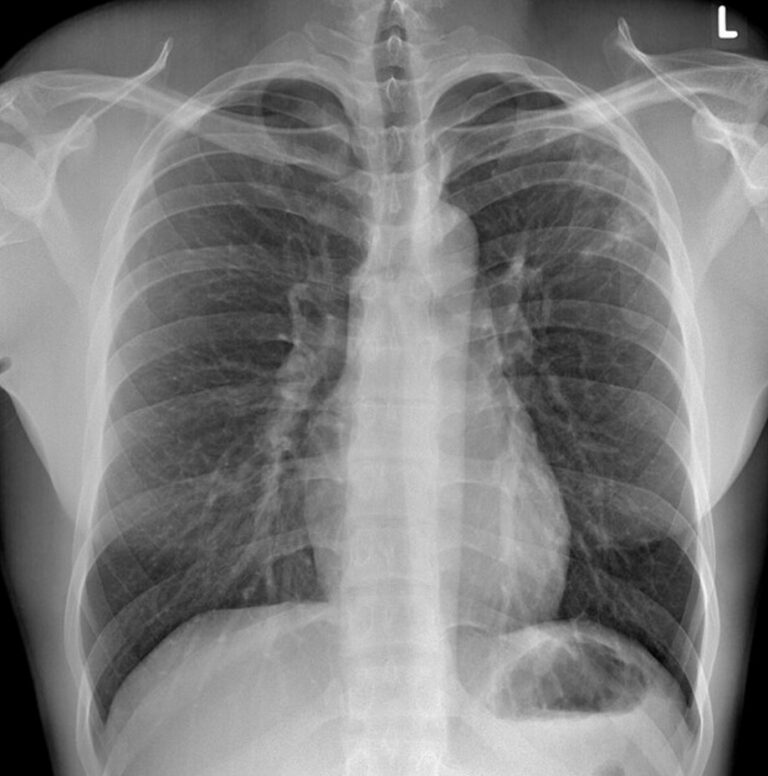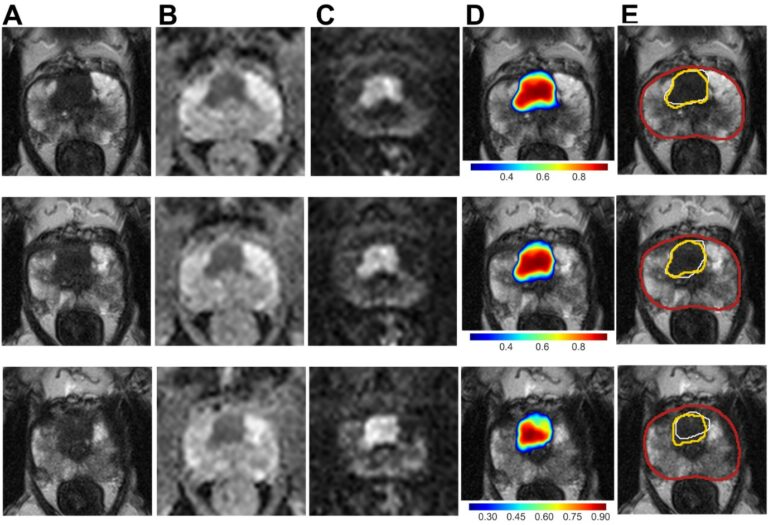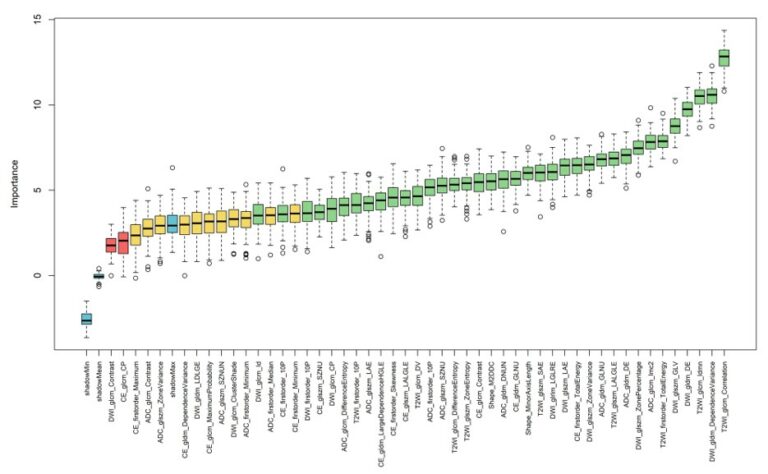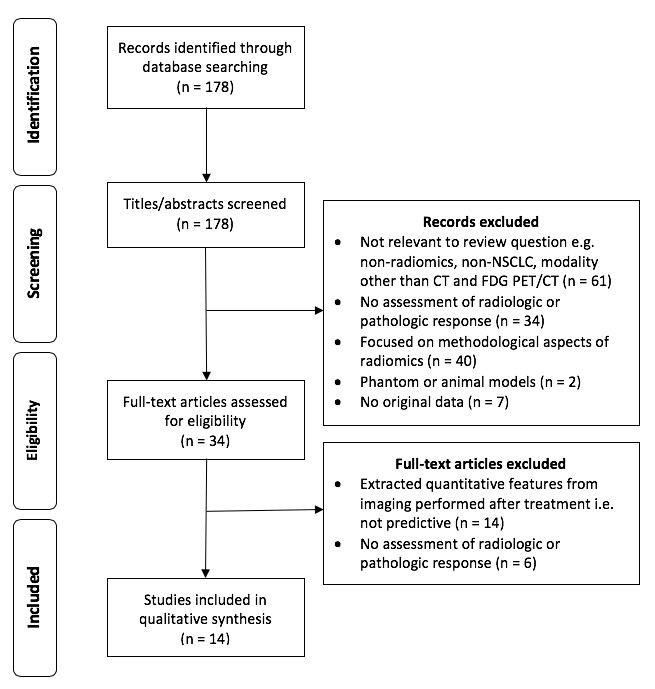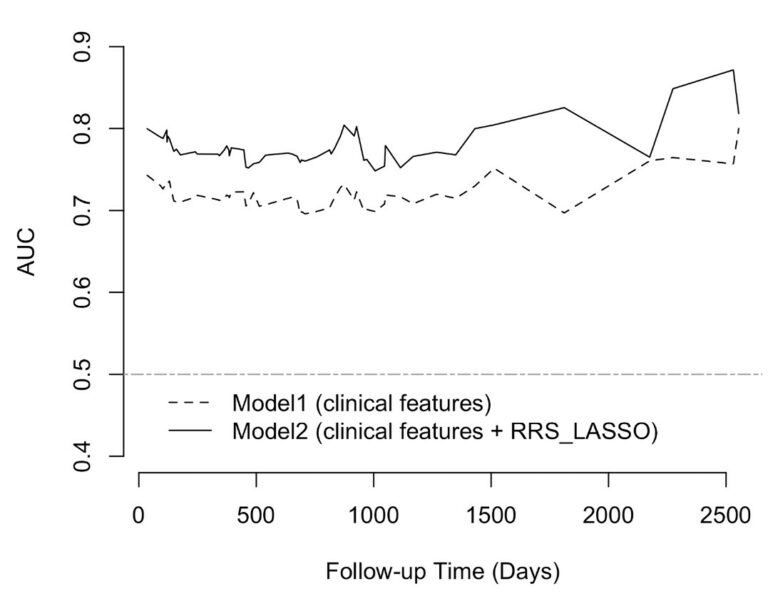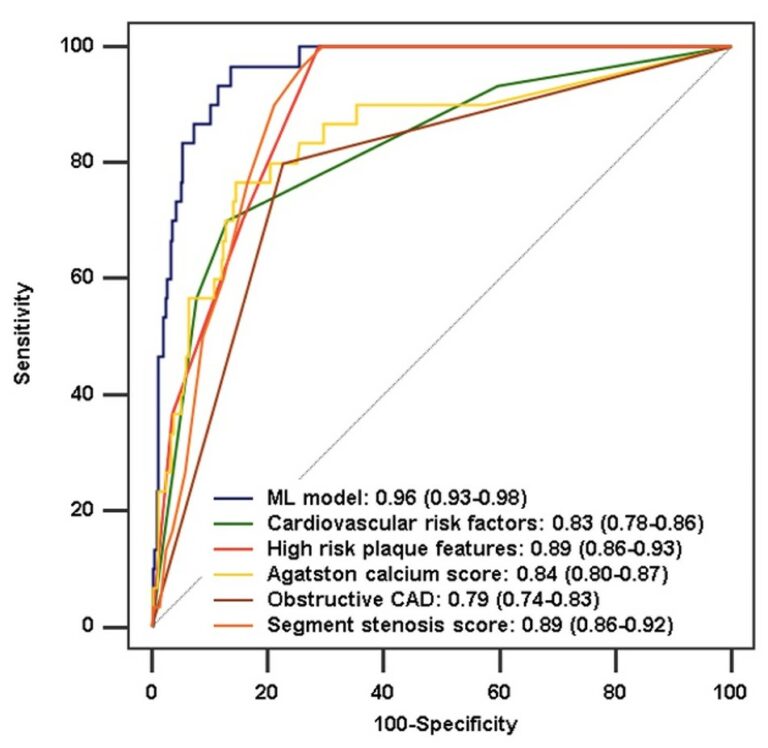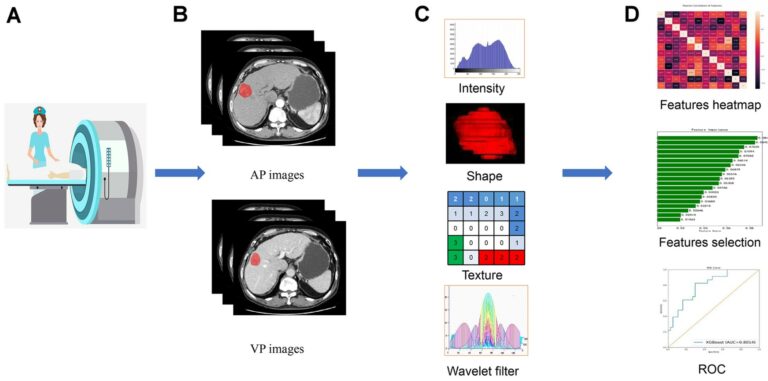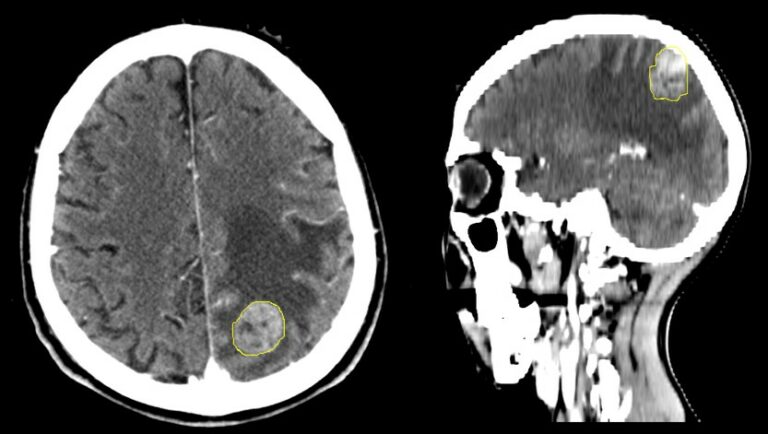
Differentiating the pathological subtypes of primary lung cancer for patients with brain metastases based on radiomics features from brain CT images
In this study, the aim of the authors was to investigate the feasibility and accuracy of differentiating the primary adenocarcinoma (AD) and squamous cell carcinoma (SCC) of non-small-cell lung cancer (NSCLC) for patients with brain metastases (BM) based on radiomics from brain contrast-enhanced computer tomography (CECT) images. Through this study, the authors discovered that brain CECT radiomics are promising in










